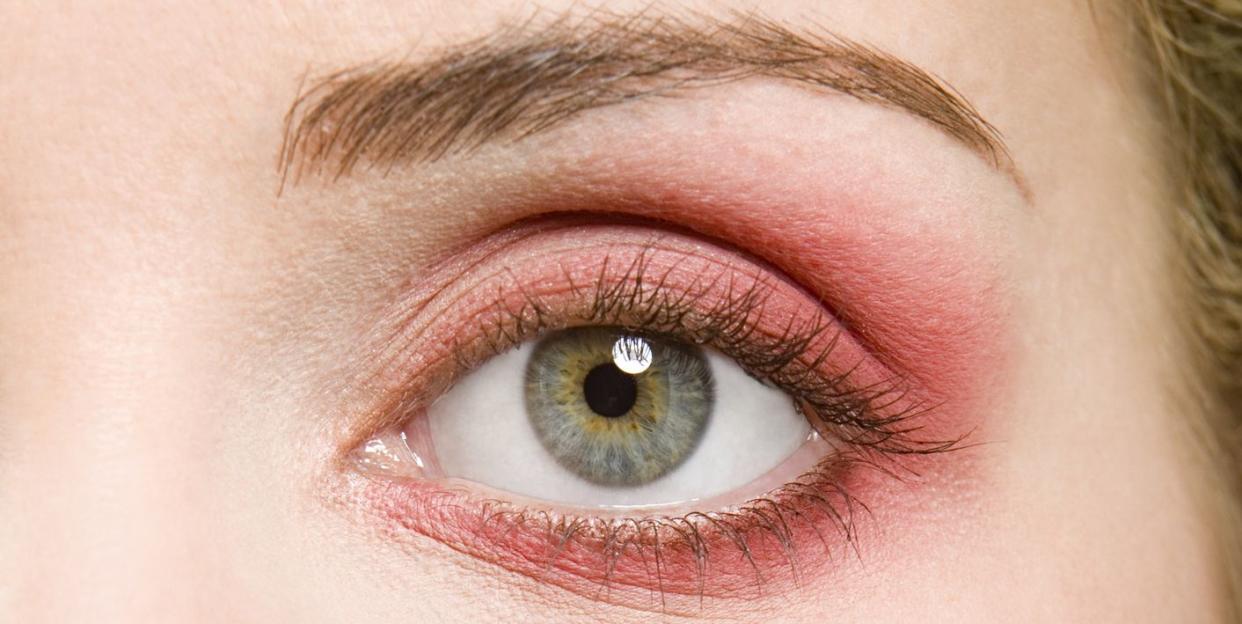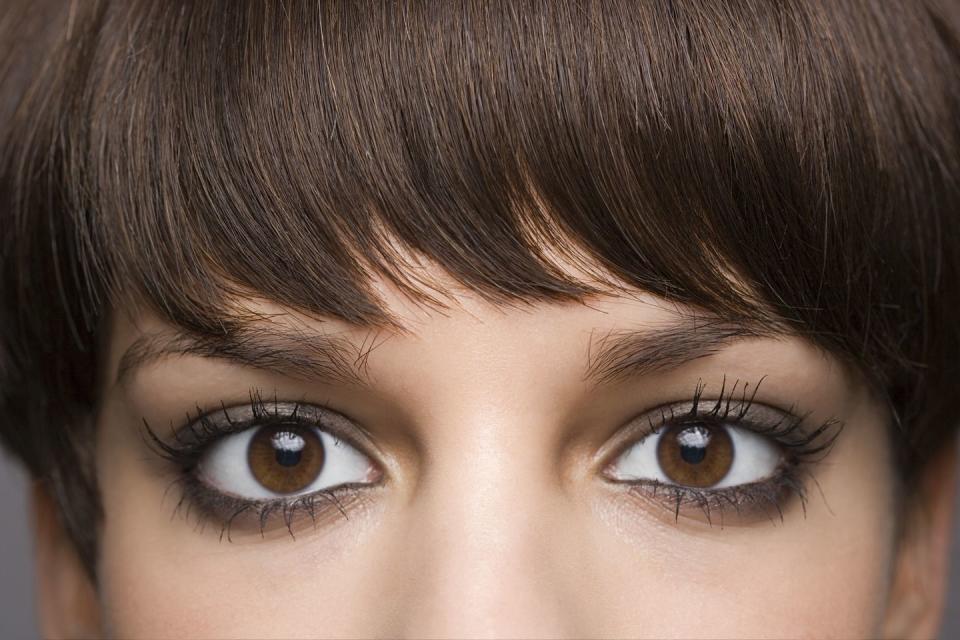Suffering from sore itchy eyes?

Suffering from sore, itchy and inflamed eyes? If your eyes are unhappy it can impact your ability to go about your daily life. Fortunately most eye conditions are not serious and should be easily treatable. We look at the most common reasons for sore eyes and how to overcome them:
Why are your eyes inflamed?
If your eyes are red, swollen and itchy, you could be suffering from blepharitis. Blepharitis is characterised by the following symptoms:
Itchy, red and sore eyelids
Crusty eyelashes
Swollen eyelids
Light sensitivity
A burning or gritty sensation in the eyes
Sometimes both eyes can be affected by blepharitis at the same time - and it's often worse in the morning. Blepharitis is not usually serious and can normally be treated by washing your eyelids every day, but the condition can lead to other problems, such as dry eyes, cysts and conjunctivitis if left untreated.
The problem being that blepharitis is a long-term condition and most people experience repeated episodes. And if it's not treated properly, it can lead to complications that can seriously damage your eyesight.
So what causes blepharitis and can you minimise your chances of reinfection?
Makeup and eye health
Your make-up bag harbours some potentially hazardous bacteria. In fact, one study conducted at London Metropolitan University found up to six types of bacteria on makeup brushes and out-of-date cosmetics.
When it comes to your eyesight, any eye makeup, especially eyeliner, can cause acute blepharitis, as it can block the eyelid's meibomian glands and reduce the secretion of oils needed on the surface of the eye, causing tears to evaporate too quickly.
Recurrent or untreated blepharitis can also affect the eyelash follicles, causing your lashes to fall out, become sparse and start growing in weird directions, says Francesca Marchetti, ocular expert for eye care advisory panel WINK. 'Minimise the risk by cleaning your eyes daily with eyelid wipes,' advises Marchetti. 'Always remove eye make-up at night, and make sure that eye liners and mascaras are renewed every three months.'
Another good tip is to choose an eyeliner or mascara that washes off easily, as it's less likely to plug the glands in your eyelids. Be gentle when using facial cleansers and make sure they are designed for use around the eyes. Use of a soft muslin wash cloth may be kinder to the eyes than a more harsh flannel.
Gentle use of a product like the eye bag is often recommended by opticians and opthalmologists to help keep your tearfilm healthy and comfort tired eyes.

Sugar and eye inflammation
Yes, really. Blepharitis can be linked to your diet, according to Marchetti, and this is all about inflammation and balancing the gut. 'Too much sugar, such as from processed or manufactured foods, can upset our gut and cause inflammation,' she says. 'I would advise eating an anti-inflammatory diet including lots of fresh foods such as leafy greens, essential fatty acids and minerals.
'A diet full of the correct fatty acids also improves the quality of the tears that lubricate our eyes, therefore keeping the eyelids feeling more comfortable and preventing them looking so red-rimmed.'
Screen time and eye health
Here's just one more reason to take regular screen breaks – staring at your computer for long periods is not good for your eyes. Daniel Ezra, consultant ophthalmologist and oculoplastic surgeon at Moorfields Eye Hospital, sees a huge number of patients complaining of problems with their eyes due to computers.
While digital screens are unlikely to do any long-term damage to your eyesight, they can trigger blepharitis and cause tired, dry eyes, adds Marchetti. This is because our blink rate significantly reduces in front of screens and we often don't blink fully. Staring at your screen may also make you feel the need to rub your eyes, making the condition worse.
Ezra believes that Kindles are not so bad because the screens are not so bright, meaning your blink rate remains constant. Regular breaks, however, can help.
'Try to follow the 20-20-20 rule,' advises Marchetti. 'Every 20 minutes, look 20ft away and blink 20 times. Before sitting with a digital screen for any length of time, I would recommend eye drops such as Biotrue re-wetting drops, which contain a high level of hyaluronic acid to keep the eyes more comfortable and hydrated for longer.'
Sleep deprivation and sore eyes
Not getting enough sleep can amplify eye problems. Sleep is the time when our bodies rest, and staying awake for long periods means that your eyes become over-worked and fatigued. Studies have shown that your eyes need at least five hours of sleep per night to fully replenish, enabling optimum blood flow to your eyes.
And even though your eyes move rapidly during certain periods of sleep, getting some shut-eye actually helps overworked eye muscles to relax. Long-term poor sleep has been linked to all kinds of eye conditions, such as glaucoma and difficulty in recovering from age-related macular degeneration.
'Your body is repairing when it is sleeping, and if you have an inflammatory condition such as blepharitis, then a lack of sleep means that you are not repairing it,' explains Marchetti.
Lifestyle tips for eye health
Follow Marchetti's tips to keep your peepers in the best of health:
✔️ Eat a well-balanced diet with lots of omega-3 fatty acids.
✔️ Keep your eyes and eyelids clean with a detergent-free eyelid hygiene wipe.
✔️ Remove make-up at night, and renew your mascara and eye liner every three months.
✔️ Take a screen break every 20 minutes.
✔️ If you do get blepharitis, the best way to treat it is with massage and gentle warmth.
✔️ Don't forget to have regular eye examinations.
✔️ See your doctor if you have eye symptoms that do not resolve.
Last updated: 13-02-2020
You Might Also Like


